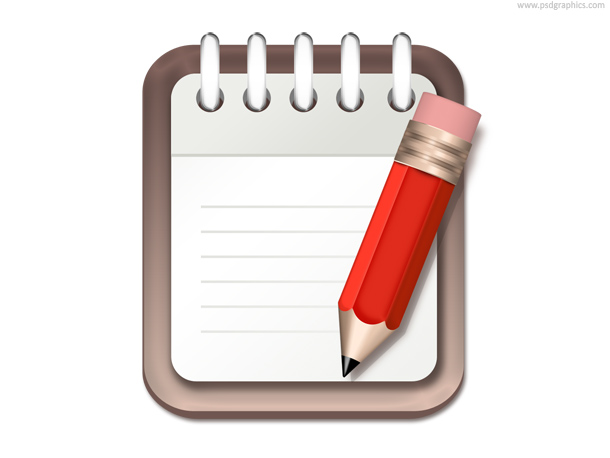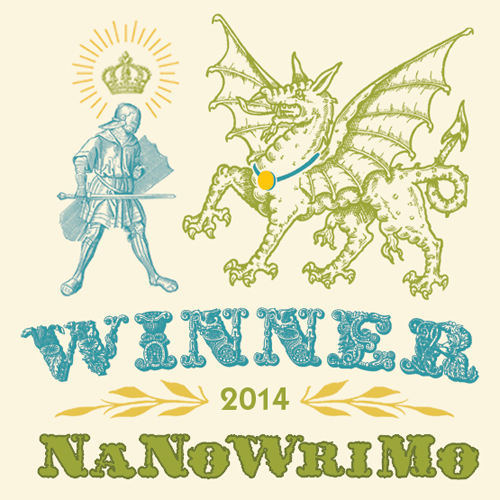It’s been an interesting three weeks, and lots of words written. As of yesterday, the 20th day, I was homing in on the 39,000 word mark and feeling darn good about it. One day I even cranked out five words short of 4000 words. Amazing! But my average has been around 2000/day, which has put me about five days ahead of the target schedule.
I’ve also learned some new tricks to “keep” in mind.
Keep a Chapter Diary
This has been a big twitter hit, having been retweeted lots of times. It’s saved me trying to find the right place in a rather long manuscript and will also serve to help any restructuring I’ll need to do later. In a separate document called a Chapter Diary, each time I start a new chapter or a new scene, I record the main action in the scene, the characters involved, bits of relevant location, and any questions that arise. Sometimes I’ll bold the words to pop out for my attention when I go back to it later.
Keep a list of characters, places and cars
I’ve pretty much always done this, but in this case, it’s critical. As I’m writing, new people and places associated with them or plot points appear out of nowhere, like the student librarian and ‘geekgirl’ in yesterday’s scene. They may have no place in the story later, but if I’m in search of a possible expansion or need a foil, why not? They get names, if it’s natural for the character to interact with them that way. I have a feeling Nance and Clair will appear again in some fashion.
The places and cars things are useful for when they come up again, too. Nothing worse that Aunt Maude driving a tripped up Corvette in one scene then struggling around in her clapped out Cortina later in the book. If your mind is like mine, this set of notes is invaluable. I refer to this list of people and places a lot, especially for last names, spellings, and appearance. Same with places. I’m trying to keep the street references manageable, but I’m still recording them on the list, as well as the locations like buildings and stores that the characters frequent: workplaces, restaurants, etc.
Keep a list of emerging questions
Since I’m a pantser, writing without a net, the story emerges as the characters experience it. Sometimes their actions pose questions that will need to be answered at some point to satisfy the reader. They can also lead to interesting story twists. In the case of this story, I’m still not sure whose blood was found in the house that I didn’t know that Shawna was going to find on the cat’s paws. So I left it hanging in the story and wrote myself a note in my Chapter Diary (see above) that this needs to be used somehow. The crime scene folks need to tell the detectives who will need to tell the person whose house was vandalised.
Keep a copy of the Manuscript and Chapter Diary somewhere other than your main drive – e.g. Offsite.
Last year I emailed a copy of my work to a friend each time I added to it. This time I’m only saving an extra copy in a cloud storage (and obviously in local backup which I do occasionally). If my computer dies before the end of the month, I’ll be able to retrieve the files and keep going until things are repaired or replaced.
Seriously, “write what you know” means something different than on the surface
I was a bit stuck yesterday, so I incorporated something that I was actually doing at the time – updating my laptop operating system. I could easily put in a real description of the process as if the character was doing the same thing I was, including a bit of frustration. It adds reality to the story and provides something that readers can relate to, making the character more believable.
“Write what you know” is often taken to mean “don’t take chances”. I disagree. I think writing is all about taking chances, but being confident enough to convince your reader that you know what you’re talking about. When in doubt: research. Which is what I did when I needed to know what sort of sedative would be given to a patient going hysterical in a hospital setting. I’ve never been hysterical in a hospital or received a sedative, so I had to go find out the answer. It was necessary for the story. So now I know the answer.
And now, I must get on with the 2000 words for today. The Finish Line beckons!
 This doesn’t mean I never write down story ideas, just that I stopped concerning myself with “oh no, I must write that down or I’ll forget it for a story idea”. I ONLY write down (in an Evernote note) really really really ‘stumbled upon’ interesting things, noting the source as well, in case I need to go back and explore it more. Some of these have become the stubs of projects. Maybe two. Most haven’t, though.
This doesn’t mean I never write down story ideas, just that I stopped concerning myself with “oh no, I must write that down or I’ll forget it for a story idea”. I ONLY write down (in an Evernote note) really really really ‘stumbled upon’ interesting things, noting the source as well, in case I need to go back and explore it more. Some of these have become the stubs of projects. Maybe two. Most haven’t, though.